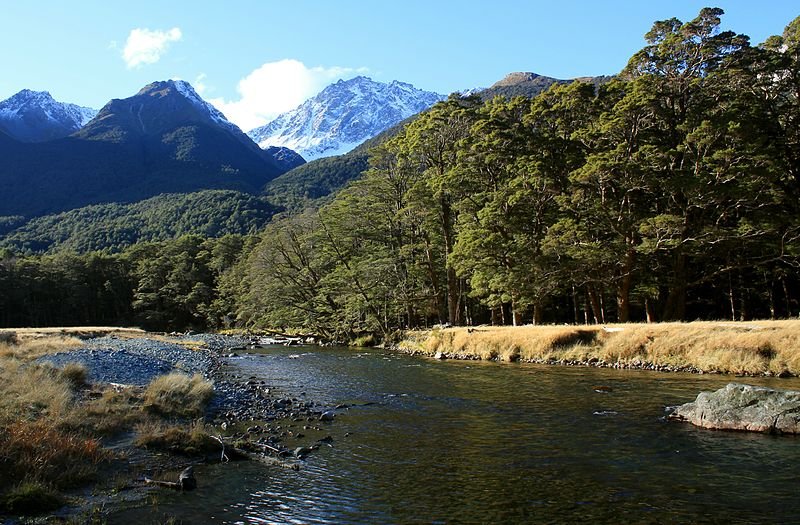
News
Opinion: We need to ask harder questions about the herbicide glyphosate
The Environmental Protection Authority report into the use of glyphosate is open to criticism for presenting scientific information on a par with the opinions of industry. With growing evidence of its negative environmental effects, a reassessment should get the go-ahead
“Managing our Wetlands” and Technical Amendments - ELI’s Submission
Our submission to Ministry for Environment on the 2022 Exposure drafts of the NPS-FM and NES-F: “Managing our Wetlands” and Technical Amendments.
Structural issues and under-resourcing at the heart of DOC’s backlog problems
The Department of Conservation (DOC) is in the process of making targeted amendments to several pieces of conservation legislation, particularly the Conservation Act 1987, the National Parks Act 1980, and the Reserves Act 1977.
In ELI’s view, however, these reforms misdiagnose problems, and overlook the core issues hampering DOC from effectively doing its job. Read our full submission here.
Missed opportunities in the Fisheries Amendment Bill
Read our full submission on the Fisheries Amendment Bill, and why the proposed changes are unlikely to fulfil the Govt’s stated intentions for our Oceans and Fisheries.
Without a better plan, New Zealand risks sleepwalking into a biodiversity extinction crisis
Read our analysis in The Conversation on Aotearoa’s biodiversity crisis, and why we must strengthen our plan for addressing it.
EPA accepts ELI’s recommendations in evidence-based regulation of hazardous substances - Press Release
ELI is pleased to announce that their recommendations have been heard in the EPA’s reassessment of diazinon, fenamiphos and methamidophos. These chemicals are known as organophosphates (OPs), which are the main component of herbicides, pesticides and incecticides widely used across New Zealand.
Improving Aotearoa’s environmental reporting system: our submission
Read our submission on MfE’s consultation to improve environmental reporting.
Job opening - Senior Legal/Policy/Environmental Researcher
The Environmental Law Initiative (ELI) is looking to recruit two senior researchers to join our team. We are looking for inquisitive people who have a strong a background in law, policy, or science and want to make a difference for Aotearoa's environment and biodiversity. The senior researchers will use their skills to investigate legal and policy issues to improve the ways our natural taonga are regulated and managed.
Stewardship land review could result in more mining on conservation land
ELI is concerned at proposals to invoke a special procedure to review the status of public Stewardship Land. As presently set up, the Government’s proposed measures for carrying out this review suffer from a number of shortcomings which could see large swathes of precious public land disposed of to mining interests. Read our full submission to DOC here.
Sand mining at Pakiri beach: Our submission to Auckland Council
Two resource consent applications have been lodged to Auckland Council by private company McCallum Bros to continue sand mining in-shore and mid-shore around the Pakiri beach area. If successful, these developments are likely to have negative effects on a number of indigenous species, habitats and taxa, including the New Zealand Fairy Tern (the rarest endemic bird species in Aotearoa). In ELI’s view, because of lack of available evidence on the ecological effects of the development, Auckland Council is obligated to apply a precautionary approach and decline the application, or pause it until further information is available.
Urgency missing from on-board camera rollout for commercial fishing
Aotearoa is suffering a serious marine biodiversity crisis. Considering this, it is surprising that Fisheries NZ does not mention the word biodiversity once in its plan to implement camera technologies on its inshore commercial fishing fleet. In ELI’s view, the proposal lacks the urgency and context of the crisis the rollout is designed to address. Read our submission to FNZ here.
Leveraging wetlands in NZ’s climate change response
Our submission to MfE on why we must prioritise the restoration and conservation of wetlands and peatlands into our emissions reductions approach.












